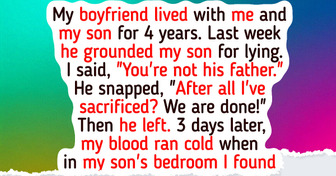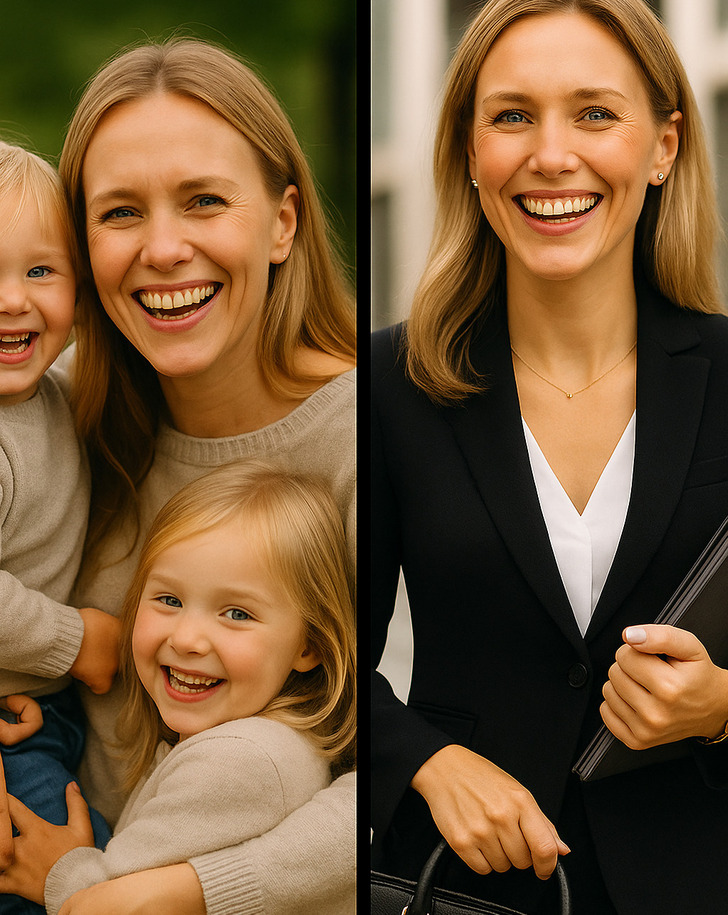I would rather have grandkids over a house. Who will you leave it to when you pass? Your cat?
I’m Child-Free, My Parents Cut Me Out of Their Legacy and Hand It to My Cousin, So I Made Them Pay
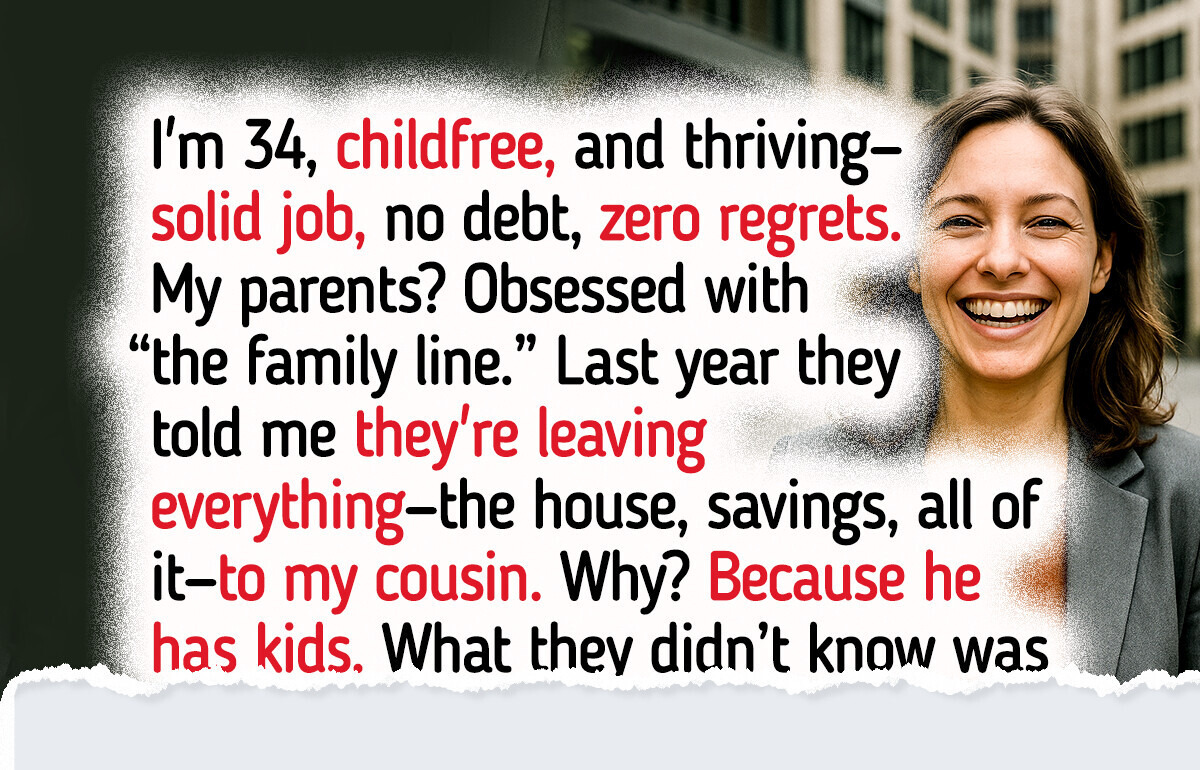
Recently, one of our thoughtful readers opened up to us with a story that’s deeply personal and profoundly moving. She wanted to share her perspective on choosing a child-free life — a decision rooted in honesty, reflection, and conviction. Her words served as a powerful reminder that every choice carries a story, and every story deserves to be heard.
Here’s her letter.
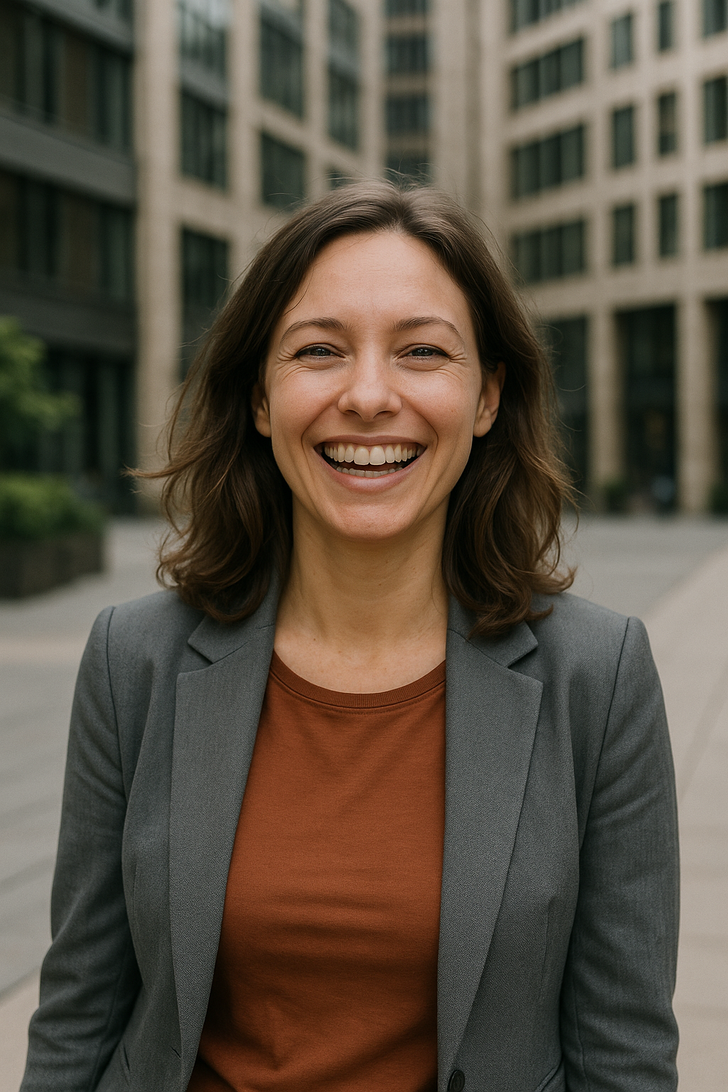
“I’m 34, childfree by choice, and honestly thriving. I’ve got a solid career, a paid-off car, no debt, and zero regrets. My parents? Not so thrilled. They’ve been on my case for years about ‘carrying on the family line’ like we’re royalty or something.
Anyway, last year they dropped the bomb that they were leaving everything—their house, savings, all of it—to my cousin. Why? Because he has kids and I don’t. Apparently, reproducing is the price of admission to their version of a ‘legacy.’
What they didn’t know was that I’d been quietly saving to buy them a retirement home. Not just any home—their dream house, a little place near the lake they used to talk about all the time. I was this close to closing the deal.
Then they pulled the ‘you don’t matter because no babies’ card.
So I did what any rational adult would do: I bought the house. For me.
Moved in, painted the walls my favorite colors, turned the guest room into a library, and now I spend weekends kayaking and drinking wine on the deck. Told them (very calmly) that the house is no longer an option for them, but hey, hope their ‘legacy’ makes them happy.
I lost some inheritance. They lost me. I gained peace, space, and a lake view.
No regrets. Not one.”
The Science Behind a Child-Free Life
With all the recent buzz around falling fertility rates, more people are starting to open up about their decision to forgo parenting. But living a child-free life isn’t some brand-new trend. Aside from the baby boom of the 1950s, history shows that childlessness has always existed in one form or another.
What’s new is the conversation. People are now talking more openly about long-standing stereotypes, the expectations placed on women, what “family” really means, and how society views those who don’t follow the traditional script.
Research paints a mixed picture when it comes to the mental health impacts of going child-free. A lot depends on the reason behind the choice. Most studies show that people who actively choose not to have children report high satisfaction with their lives. But for those who wanted kids and couldn’t have them—due to health issues, financial limitations, or other circumstances—the emotional toll can be heavier.
The good news? Many studies also suggest there’s little to no consistent difference in happiness levels between parents and non-parents.
Child-Free by Choice—But What Does That Actually Mean?
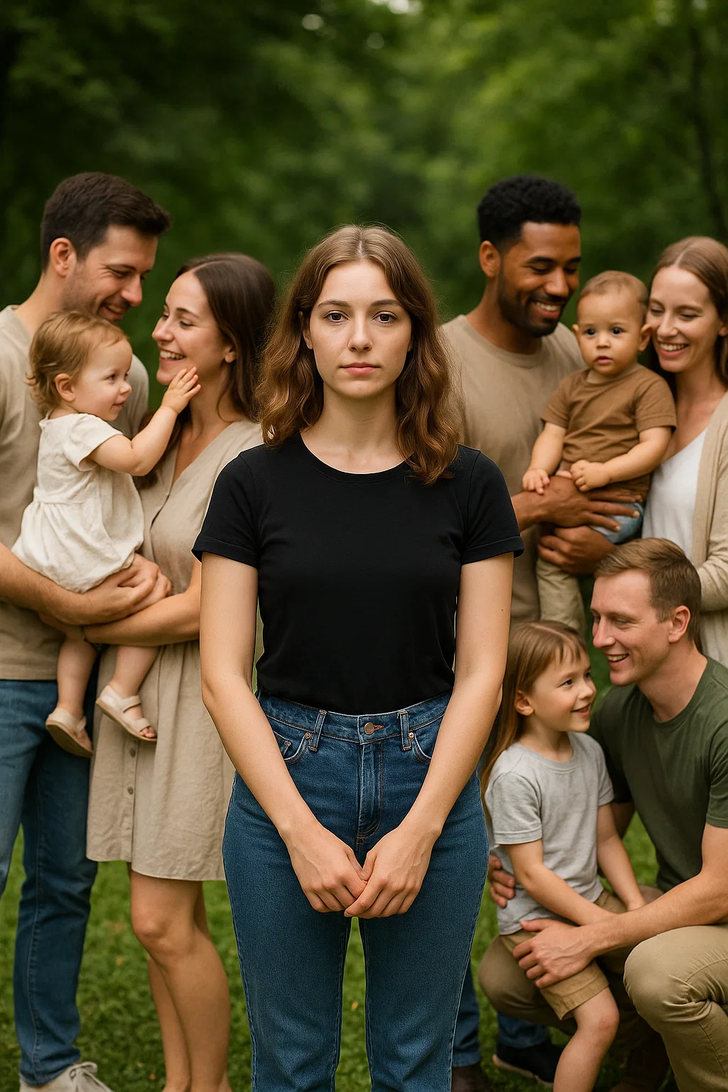
Just because someone has children doesn't make them less selfish. After all, who would take care of your job when you have to leave work to go to a soccer game? Some parents are miserable that they had children but can't admit it openly for fear of what others would think. They have to keep up with their friends.
Choosing not to have children is a deeply personal decision, and it can bring up a wave of emotions. You might find yourself wondering what your future will look like, how others perceive you, or even how you perceive yourself.
At times, it can feel unsettling. Not because it’s the wrong choice, but because it’s different. And different often makes people uncomfortable. Friends and family may need time to come to terms with it, especially if they imagined a different version of your life. But in the end, the only person living your life... is you.
Making choices that truly reflect who you are — regardless of outside expectations — is one of the most powerful things you can do. And if doubts creep in, speaking with a therapist can offer clarity, strength, and reassurance as you walk your own path.
Whether or not you choose to have children, your life can be full of meaning, joy, and authenticity — completely on your terms.
Sometimes, the most meaningful legacy isn’t inherited — it’s the one you build yourself.
Comments
I dont really have a problem with eithers perspective. Maybe the house is a family style home and the parents felt the cousin would use it better while the daughter might just sell it. Far as the daughter buying the parents dream home, kind of tacky unless it was also her dream home. While its the daughters right to not have kids, i also cant blame the parents for wanting grandkids. They are priceless. Though im sure it wasnt on their mind when young, prob should have had more than one kid to give themselves better grandkid odds.
Go girl 14 thumbs up
No requirements in life to have kids....no matter WHAT somebody else thinks.
There are plenty of men out there who also decide not to reproduce, both of my brothers for instance. It’s not just women!
Having a child or even multiple children is a personal choice. It also depends on your partner. Speaking from my perspective and I gave birth to 3 children, I myself am #4 out of 6 children my mother gave birth to. I considered having more children but ultimately decided 3 was enough. The reason I came to this decision? Because of my poor taste in a husband for myself and father of my children. He enjoyed the title of "Daddy" but didn't want any of the associated responsibilities of raising and taking care of children we created together. When women consider to have children or not there are a lot of aspects to take into consideration. If the person you marry is not a good candidate for a husband and a father it really changes the decision. It is not about being "woke", it is about companionship, love, respect, support, and an equality.
Related Reads
I Left My Dad Because of My Stepmom—and Found Out That My Life Was a Lie
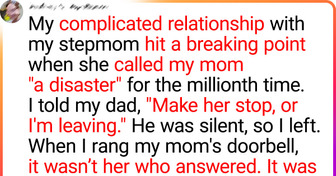
15+ Stories That Prove Moms’ Love Tank Never Runs Empty
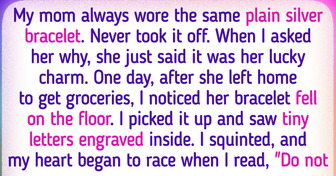
10 Plot Twists That Prove Life Can Get More Shocking Than Movies
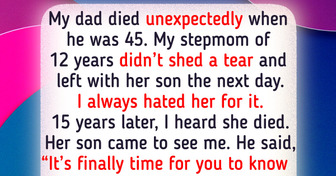
10 Nostalgic Sibling Stories That Remind Us Why Family Matters
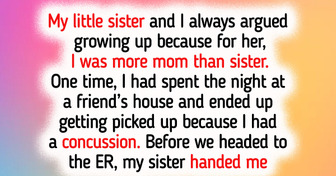
I Refuse to Adopt My Dying SIL’s Baby—Her Last Words Left Me Frozen
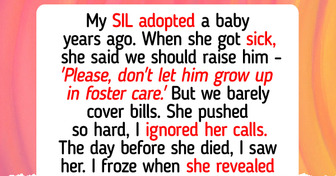
10 Jaw-Dropping Stories Where One Moment Changed Everything
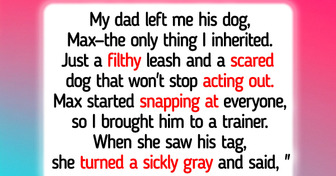
I Won’t Sacrifice My Last Good Years Because My Son Refuses to Grow Up
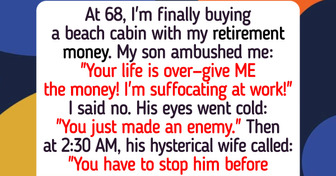
15 Stories That Prove Repairmen Are Full of Surprises
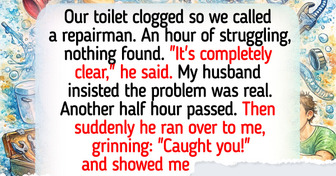
I Refused to Give Up My Baby, So My Mom Exposed a Terrible Secret
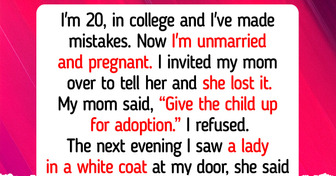
15 Moments That Prove Quiet Kindness Doesn’t Break, Even When We Do
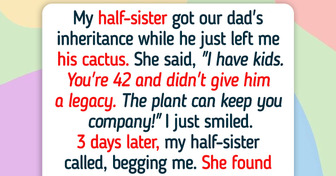
12 Moments That Teach Us to Choose Kindness Even When Life Turns Cruel
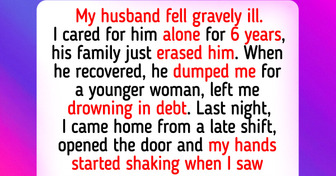
I Refused to Let My Boyfriend Discipline My Child—He’s Not His Real Dad
